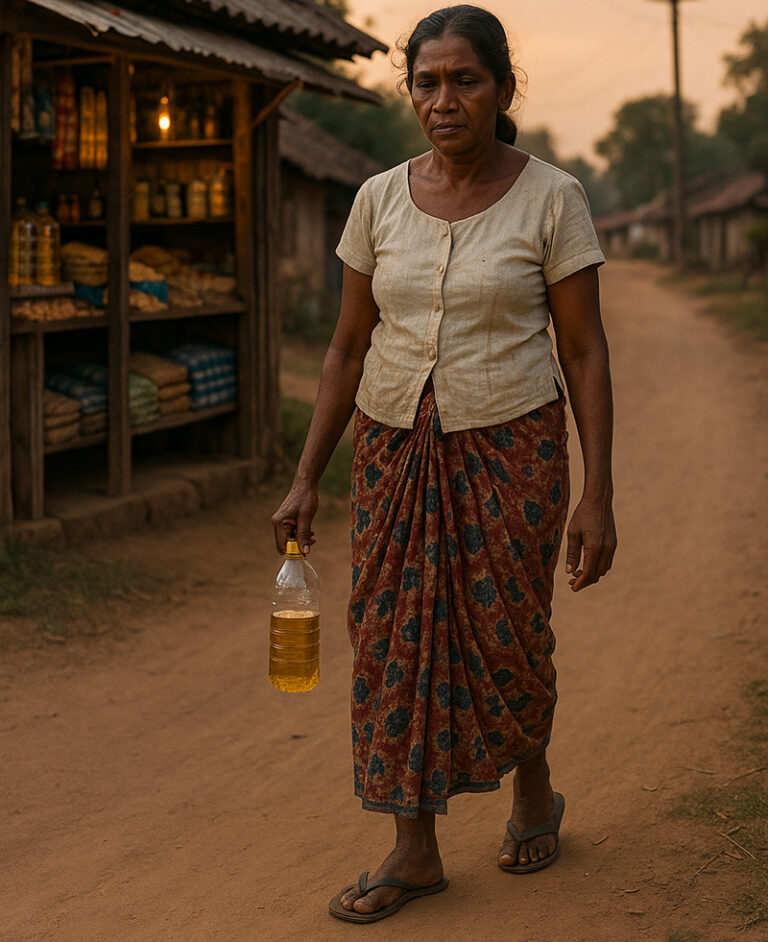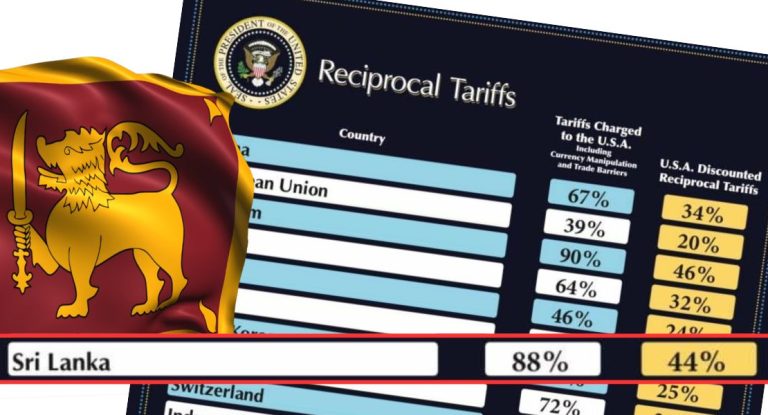A new World Bank report has warned that nearly 1.8 billion people across South Asia – including Sri Lanka – will face extreme heat risks by 2030, with climate adaptation efforts still falling short. The report, “From Risk to Resilience: Helping People and Firms Adapt in South Asia,” highlights that income barriers and market failures are leaving many vulnerable communities with only basic coping strategies.
According to the report, around 89% of South Asia’s population is projected to be exposed to dangerous heat levels by 2030. In 2021, outdoor work was unsafe for six hours a day in countries like Bangladesh, India, Pakistan, and Sri Lanka – a figure expected to rise to seven or eight hours by 2050.
More than 60% of households and businesses have already faced extreme weather in the past five years, with over 75% expecting more to come. While 77% of surveyed households have taken steps such as rainwater harvesting or housing reinforcements, the use of advanced adaptations like weather insurance or climate-resilient seeds remains rare.
The report calls for urgent policy interventions to promote inclusive adaptation, especially for low-income populations increasingly turning to migration and informal jobs as survival strategies.







